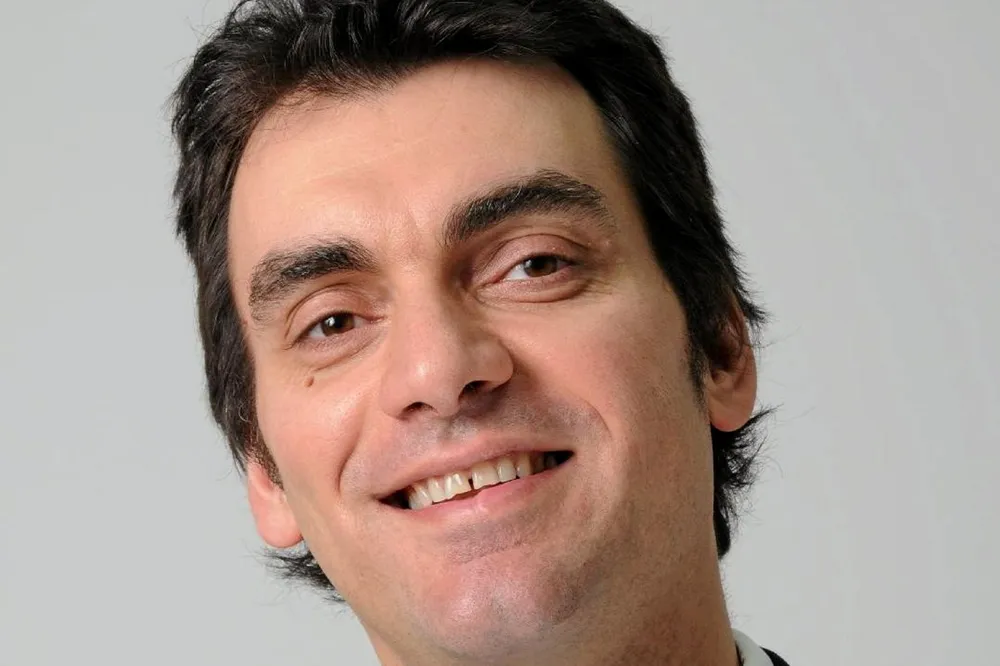‘The climate left set up COP29 to be a failure – it wasn’t’
OPINION | Despite relentlessly negative reporting and no-shows from leaders the host nation managed to pull off a substantial deal, argues climate communications consultant Nick Medic who worked for Azerbaijan's media programme during the summit

The famous quote that “politics is the art of the possible, the attainable”, attributed to XIX century German statesman Otto von Bismarck, also applies to climate politics. With this in mind, we should not be shy in declaring COP29 a success, and a substantial one at that. A deal was done.
Not only do we have a New Collective Quantified Goal (NCQG) on climate finance – at $300bn trebled from the $100bn agreed at COP21 in Paris – but we also now have an agreement on carbon markets, which as the UNFCCC has pointed out, “several previous COPs had not been able to achieve”.
The COP29 Presidency also found time to launch an initiative on climate peace, relief and recovery (Baku Call) and the UNFCCC hailed progress on “climate reporting and adaptation”. This is particularly important “as stronger national climate plans (Nationally Determined Contributions, or NDCs) become due from all countries next year.”
You would not have been able to divine all this, however, from the early write-ups. Rarely in the history of the Conferences of Parties (COP) has the drumbeat of negative publicity been as pervasively loud as it was in advance of COP29.
One strand of the narrative in the EU and UK media was of a petrostate that could not have been entrusted with hosting the world’s largest climate conference. How could it possibly be an “honest broker” when it is an oil and gas producer (albeit one producing less than 1% of the world’s oil and around 1.5% of the world’s gas)? Also conveniently forgotten was the fact that all COP hosts so far, bar Switzerland, are oil or gas producers (or both).
Then there were calls that the UN should take a tighter grip on the COP host-vetting process, that conferences should not be used for “greenwashing” or “copwashing”, and that future events should be held only in countries which “show clear support for climate action”. It all sounded like useless sloganeering, especially as no one bothered to explain how this was to be done. But the real kick in the shins came on the eve of the conference.
Greta Thunberg, the world’s best known climate campaigner, published a missive against Azerbaijan, which went far beyond what would normally be considered relevant to decarbonisation, mitigation, or any other matter related to climate change. For reasons not entirely clear, she then travelled to Armenia, Azerbaijan’s former belligerent, from where she issued a call to boycott the event.
If the media narrative was bad, worse was to come. Ursula von der Leyen, the president of the European Commission, decided not to attend. Given EU officials’ repeated talk of climate change being the greatest societal challenge of our times, and doing what it takes to help the Global South on mitigation, her absence was puzzling. As was the absence of a number of EU heads of state. Clearly, doing what it takes did not include a three-hour trip to Baku.
Nor did the start of the event bring an end to the carping. There were high profile statements that the COP format was “unfit for purpose”, and that a deal was unlikely. At which point, however, even those COP watchers most inured against conspiracy theories got a distinct impression that Azerbaijan was being set up to fail, perhaps from the moment it landed the event.
And yet, the uber-irony of COP29 is that Azerbaijan’s deft chairmanship of the conference saved the climate left – the same political constituency which has so mercilessly pilloried Azerbaijan in the run up to the event – from shooting itself in the foot on finance and carbon markets. Had there been no deal in Baku, it would have signalled the end of the Conference of Parties as a meaningful climate forum, at least for the foreseeable future.
In other words, it would have been the end of substantial, internationally coordinated action on climate change, for a very long time. With climate-change denier Donald Trump in the White House come January, ever more perilous debt to GDP ratios in a number of EU countries, elections in Germany next year likely to tilt the government to the right and the UK committed to cut essential public spending, Baku was the last opportunity to sort out cash for climate.
To the surprise of many (though not to those who understand that a small country sandwiched between the great states of Russia, Iran and Turkey had no choice but to hone its diplomatic skills over the years) Azerbaijan did it. It actually proved an honest broker, working in the interest of the community of nations.
In conclusion, complicating the fight against climate change and ultimately undermining the negotiations is that some use the cause as a bully pulpit, while others hide behind the process, hoping to reduce their liabilities through collective bargaining. They talk the talk, but are slow to whip out their wallets. Despite all this, at a critical point in the fight against climate chance, Azerbaijan got the world a deal. Surely, this must be remembered.
- Nick Medic is a climate communications consultant working for a media programme on Azerbaijan's energy transition